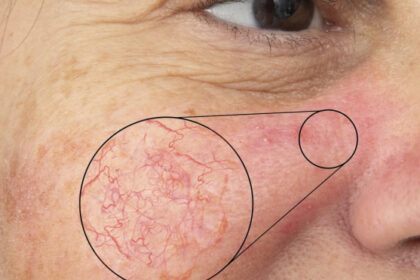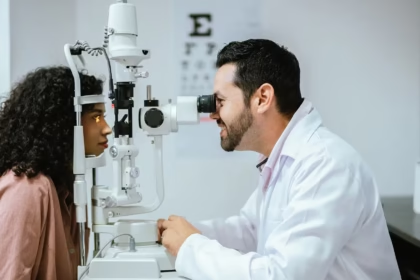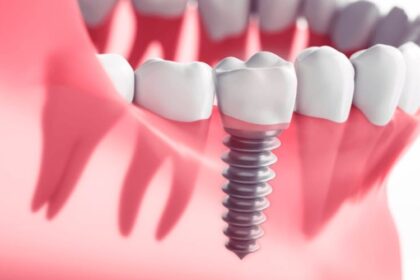Cervical cancer affects thousands of women each year, yet it remains one of the most preventable forms of cancer through proper medical care and screening. A gynecologist plays a central role in prevention, early detection, and treatment guidance for this condition. Understanding these medical interventions helps women make informed decisions about their reproductive health care. Here is more information on how gynecologists contribute to cervical cancer prevention through screening procedures, vaccination programs, and patient education:
Exploring Early Detection Methods
A gynecologist uses two primary screening methods to detect cervical cancer in its early stages: Pap smears and HPV testing. These procedures allow medical professionals to identify abnormal cells before they develop into cancer. A Pap smear involves collecting cells from the cervix during a routine gynecological examination. The collected cells undergo laboratory analysis to detect any abnormal changes.
HPV testing specifically looks for high-risk types of human papillomavirus, which cause most cervical cancers. This test can be performed alone or in combination with a Pap smear. Co-testing with both methods provides enhanced accuracy in detecting precancerous changes and enabling early detection.
When screening results show abnormal cells, gynecologists may recommend additional procedures such as colposcopy. This examination uses a magnifying instrument to closely examine the cervix, allowing the doctor to identify the exact location and extent of abnormal tissue. If necessary, the gynecologist may perform a biopsy to remove small tissue samples for further analysis.
Understanding Prevention Strategies
Gynecologists recommend HPV vaccination as a primary prevention strategy against cervical cancer. The vaccine protects against the most common high-risk HPV types that cause approximately 90% of cervical cancers. Gynecologists administer the vaccine in a two or three-dose series, depending on the patient’s age at the time of initial vaccination. Those who begin the series before age 15 typically receive two doses, while those starting at age 15 or older receive three doses over a six-month period.
Beyond vaccination, gynecologists provide guidance on additional risk reduction strategies. They discuss safe sexual practices, including the use of barrier methods that may reduce the risk of HPV transmission. Medical professionals also address lifestyle factors that may affect cervical health, such as smoking cessation, as tobacco use increases the risk of cervical cancer development.
Utilizing Patient Education
Gynecologists serve as primary educators for women regarding cervical cancer risk factors and prevention strategies. They provide personalized risk assessments based on individual medical history, family history, and lifestyle factors. During consultations, gynecologists explain the connection between HPV infection and cervical cancer development. They help patients understand that most HPV infections resolve naturally without causing health problems, but persistent infections with high-risk types may lead to precancerous changes over time.
Medical professionals also discuss the significance of regular screening adherence. They explain how consistent participation in screening programs significantly reduces cervical cancer incidence and mortality rates. When patients understand the rationale behind screening recommendations, they demonstrate better compliance with follow-up appointments and testing schedules.
Find a Gynecologist
Gynecologists play a multifaceted role in cervical cancer prevention through screening programs, vaccination initiatives, and comprehensive patient education. These medical professionals use evidence-based approaches to detect precancerous changes early and implement preventive measures before cancer develops. Women should discuss their individual risk factors and screening schedules with their gynecologist to develop personalized prevention plans.









